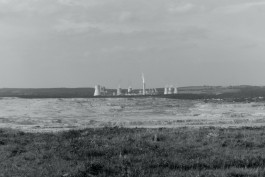
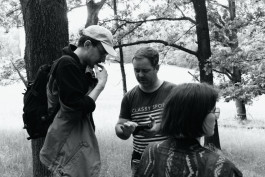
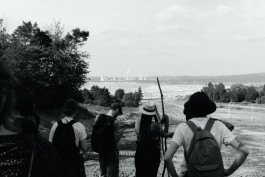
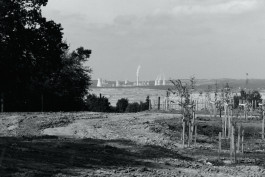
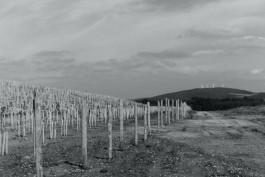
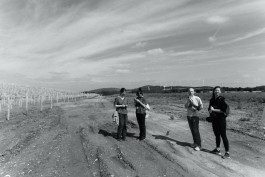
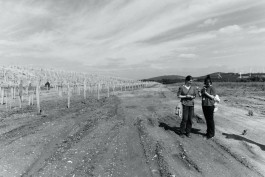
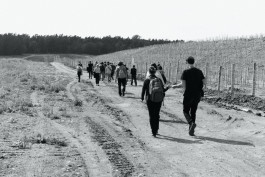
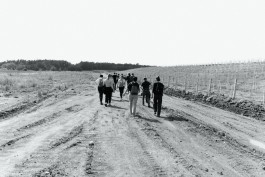
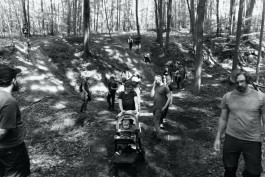
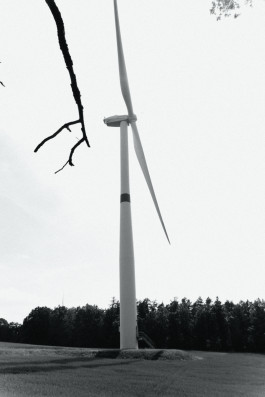
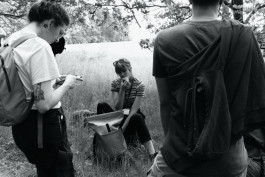
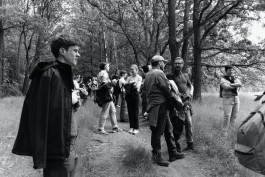
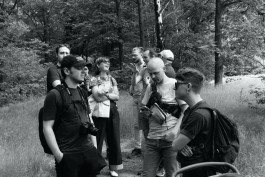
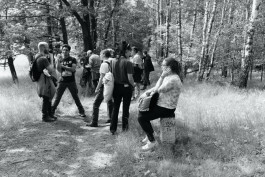
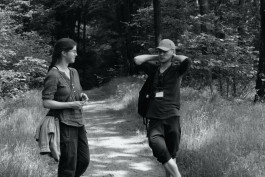
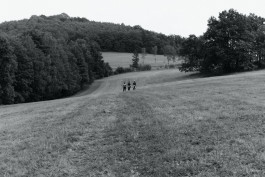
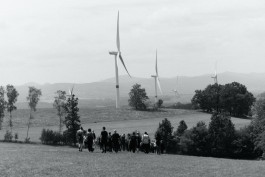
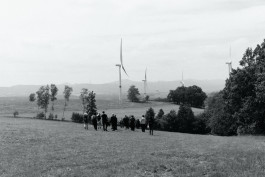
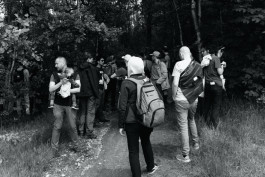
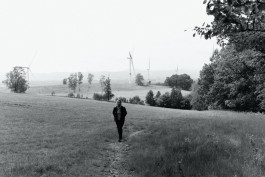
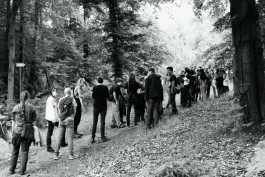
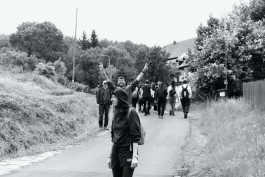
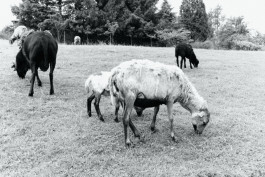
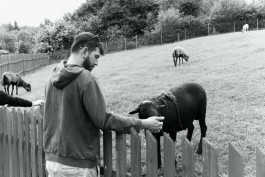
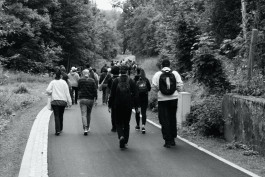

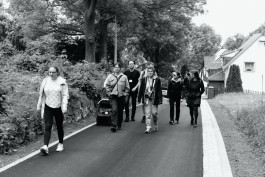
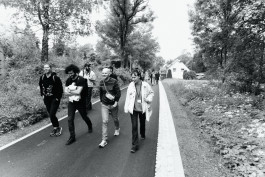
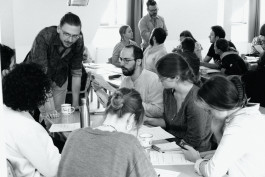
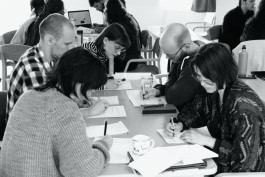
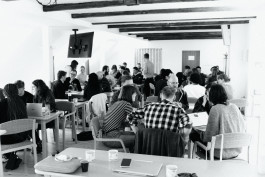

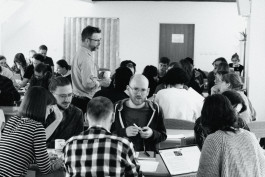
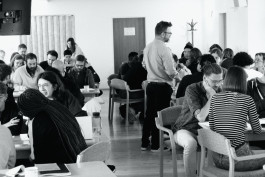
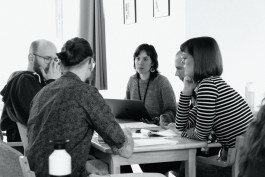

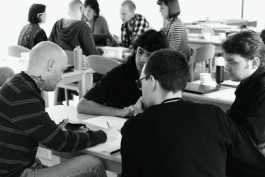
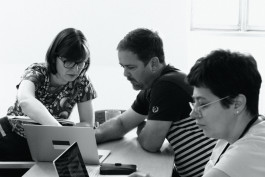
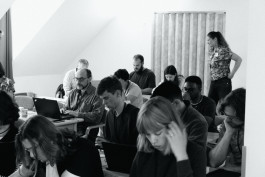
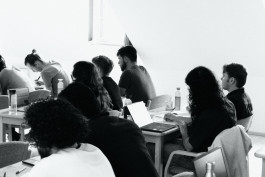
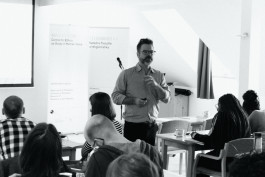
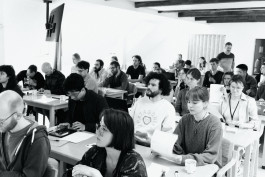
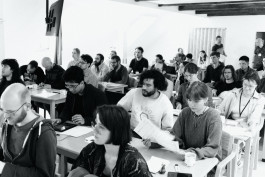
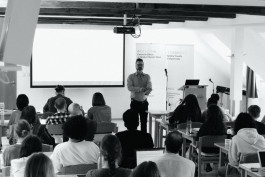
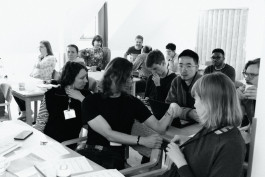
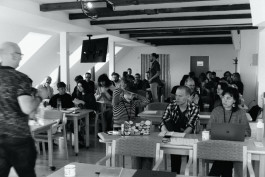

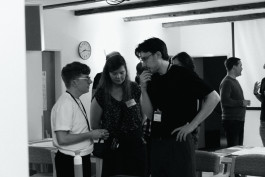
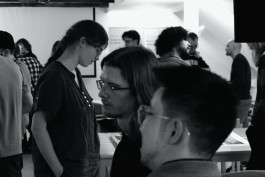
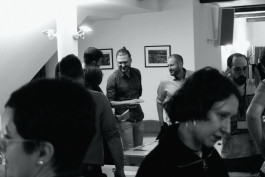
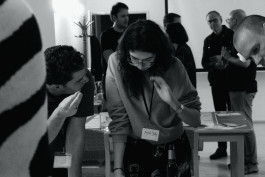
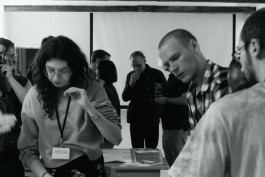
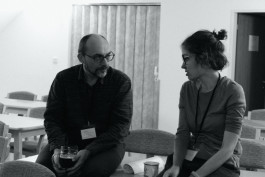
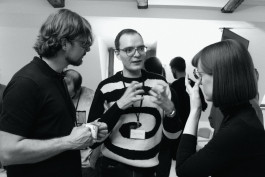
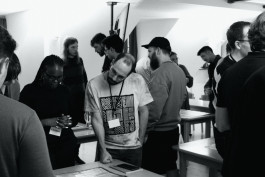
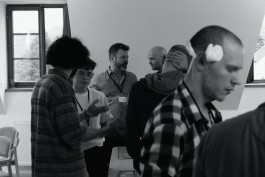
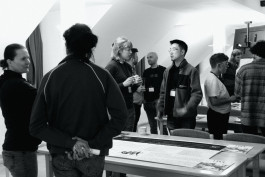
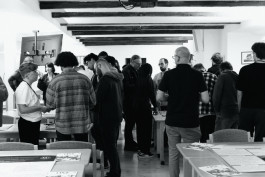
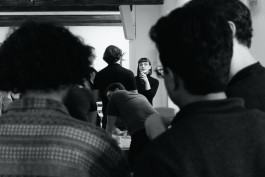

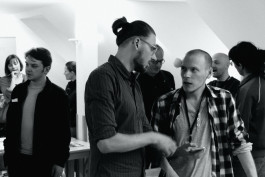
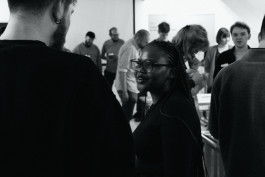
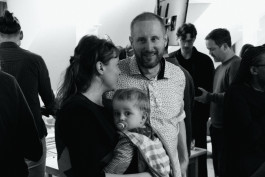
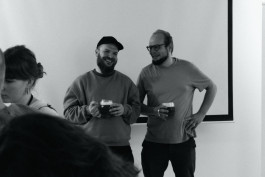
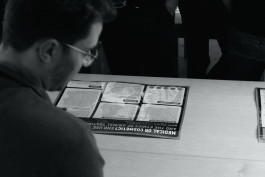
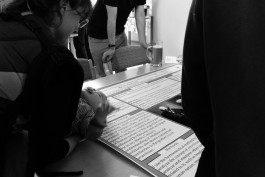
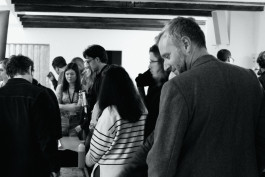
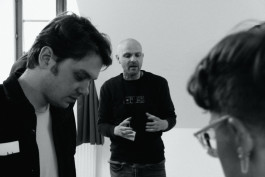
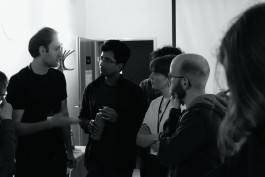
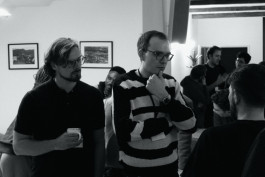
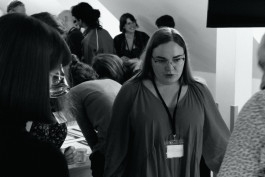
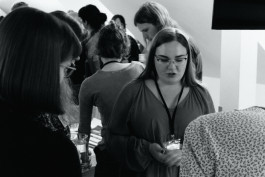
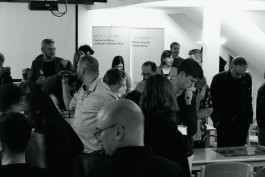
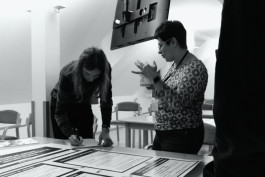
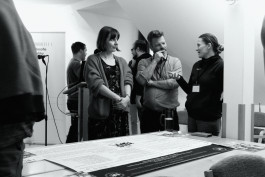
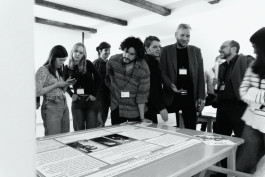

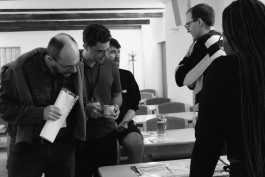
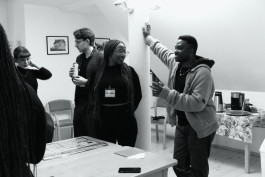
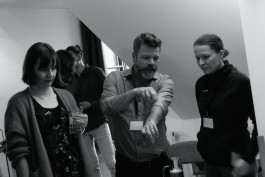
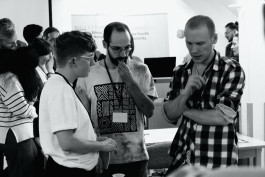
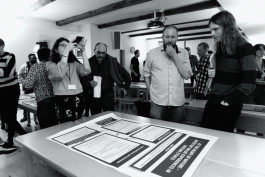
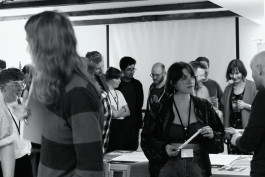
The first edition of the Summer School of Environmental Philosophy took place from June 2 to June 8. The event was organized by the University of Pardubice in cooperation with the Center for Environmental and Technology Ethics - Prague (CETE-P).
The event featured lectures and seminars by renounced researchers, which were the main focus of the school. The topics were wide-ranging, encompassing all facets of environmental philosophy and focusing on particular, interesting themes such as sustainable artificial intelligence, eco-feminism, bio-mimetic technologies, principles in climate change ethics, and many others.
The program also included a lecture on the aesthetics of mountains followed by a trip to the Jizera Mountains. Moreover, participants visited the Polish brown coal mine Turów, which then served as a practical case study for analysis and group work, later presented and discussed through the Latourian concept of “the Parliament of Things.”
The event took place in Hejnice Monastery and hosted 40 students from all over the world. Most of the participants came from a consortium of European universities which were part of the Erasmus BIP program (University of Pardubice, University of Wrocław, Comenius University in Bratislava, Wageningen University). However, there were also participants from other institutions and countries, including Finland, Spain, and South Africa.
After the successful first year, we are happy to announce that the Environmental Philosophy Summer School will continue. The next leading institution will be the University of Wrocław, and CETE-P will continue to be significantly involved in the organization.
Other Reports and Videos
Photo: Varvara Šatunová

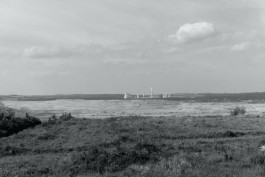

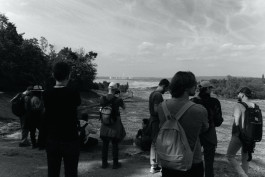
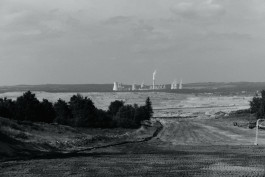


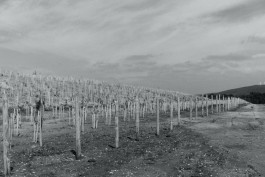
































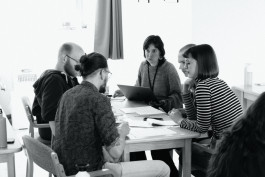









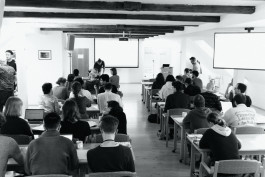




























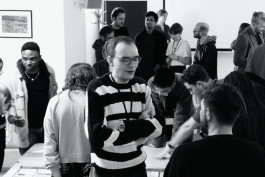











The first edition of the Summer School of Environmental Philosophy took place from June 2 to June 8. The event was organized by the University of Pardubice in cooperation with the Center for Environmental and Technology Ethics - Prague (CETE-P).
The event featured lectures and seminars by renounced researchers, which were the main focus of the school. The topics were wide-ranging, encompassing all facets of environmental philosophy and focusing on particular, interesting themes such as sustainable artificial intelligence, eco-feminism, bio-mimetic technologies, principles in climate change ethics, and many others.
The program also included a lecture on the aesthetics of mountains followed by a trip to the Jizera Mountains. Moreover, participants visited the Polish brown coal mine Turów, which then served as a practical case study for analysis and group work, later presented and discussed through the Latourian concept of “the Parliament of Things.”
The event took place in Hejnice Monastery and hosted 40 students from all over the world. Most of the participants came from a consortium of European universities which were part of the Erasmus BIP program (University of Pardubice, University of Wrocław, Comenius University in Bratislava, Wageningen University). However, there were also participants from other institutions and countries, including Finland, Spain, and South Africa.
After the successful first year, we are happy to announce that the Environmental Philosophy Summer School will continue. The next leading institution will be the University of Wrocław, and CETE-P will continue to be significantly involved in the organization.
Other Reports and Videos
Photo: Varvara Šatunová
•• All News
Celetná 988/38
Prague 1
Czech Republic
This project receives funding from the Horizon EU Framework Programme under Grant Agreement No. 101086898.